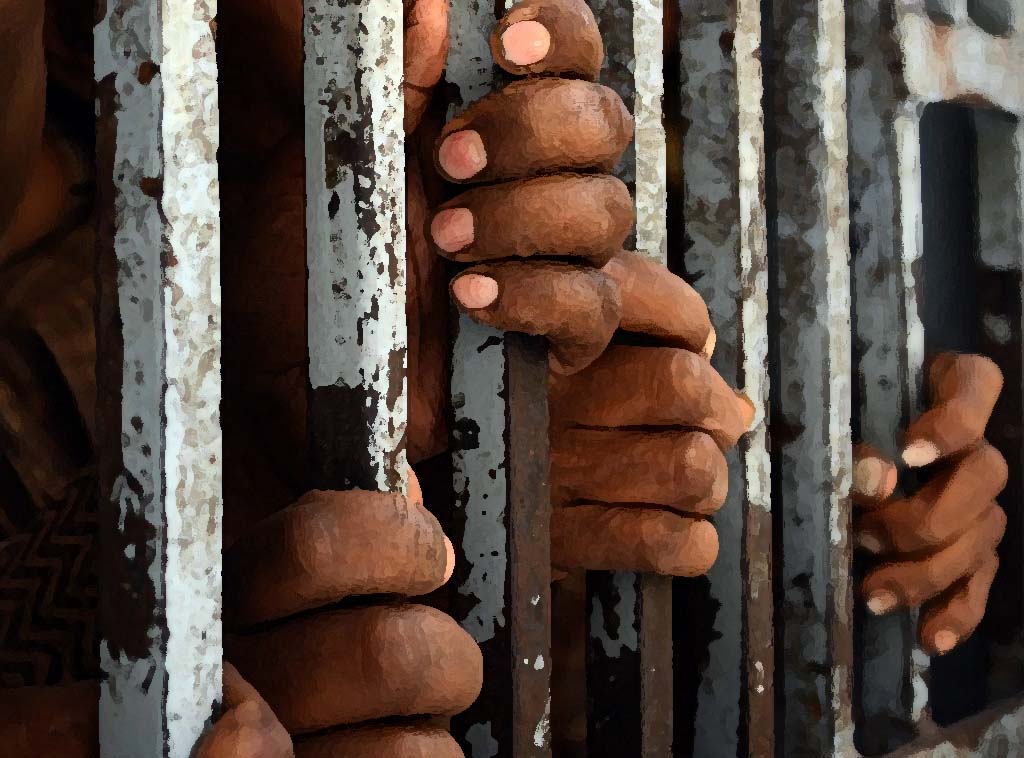
The Khyber-Pakhtunkhwa (K-P) Assembly may have passed the much-awaited Borstal Institutions Act in September 2012, but rules for the institutes are yet to be notified by the home department despite the passage of at least 20 months.
Borstal institutes were supposed to be formed in every province after the federal government’s Juvenile Justice System Ordinance, 2000. Under this ordinance, any minor is considered a ‘child in conflict with the law’ and cannot be kept with adult prisoners in jail. The child must be kept in a separate building with facilities for his or her education, outdoor games, development of technical skills – all paths leading to his rehabilitation and reintegration in society.
In contrast with Punjab and Sindh, the institutes in K-P will not be under the control of any jail or police official and will appoint their own director and principal. The courts will also hand over custody of the juvenile directly to the institute and female children will be kept in a separate section, to be handled only by female staff. Furthermore, the district health officer will be responsible for their diagnosis and treatment and must pay a visit to the institute at least once a month.
During the tenure of Muttahida Majlis-e-Amal (MMA), the then chief minister Akram Khan Durrani approved construction of a separate building for juvenile convicts. However, instead of constructing it in Peshawar, it was established in Durrani’s hometown of Bannu and has not been put to use even after its completion. Another institute was approved for Haripur, but its building is inside the jail premises, which is a clear violation of the law.
A working group comprising representatives of home, prison, probation departments and the Society for the Protection of the Rights of the Child was established over a year later in November 2013 to propose rules for the institutes. The committee submitted its proposals to the government, but they are yet to be notified.
Compared to the total 8,000 prisoners, there were 230 children in jails across K-P in January 2014, 180 of whom were under trial. In the absence of borstal institutes, children convicted and under trial in criminal cases are being kept in provincial jails; albeit in a separate area, previously called ‘munda khana’ and now renamed ‘juvenile section’.
An official of Central Prison Peshawar claimed while talking to The Express Tribune that these juvenile sections exist in all jails of the province. “They are given religious and formal education, along with facilities for indoor and outdoor games,” said the official, “In Haripur Jail, they even have computer courses.”
The Society for Human Rights and Prisoners Aid Project Officer Akber Ali Shah said under section 3 of the ordinance, all juveniles are also entitled to receive free legal aid. Rs5,000 to Rs10,000 is also approved as lawyer fees, Shah added, but no budget has been allocated for this purpose.
“Minors are supposed to be tried in exclusive juvenile courts” said Shah. “In the absence of these courts, powers to entertain the cases have been delegated to judicial officers. Children who are under trial are not covered by the law as yet, and we want that they should also be kept in borstal institutes.”
Children’s rights activist Imran Takkar said keeping convicted children in the same jails as hardened criminals will only impact them negatively and prove destructive for their future. “Borstal institutes should have been approved for Peshawar,” said Takkar. “However, it was a politically motivated decision to construct it in Bannu and even that is not functional,” he added.
When approached, Special Assistant to K-P Chief Minister for Social Welfare Department, Special Initiatives and Women Empowerment Department, Dr Mehar Taj Roghani said their goal is to make the department functional this year by all means.
“It is unfortunate that the MMA government established the building in Bannu, although there are not more than 25 convicted children in Bannu Jail at a time,” said Roghani, “In Peshawar, this number crosses 100.”
“It is our priority to establish a borstal institute in Peshawar,” said the special assistant. “We have even offered consultancy services to the home department for finalising all rules and notifications.”
Published in The Express Tribune, May 26th, 2014.











COMMENTS
Comments are moderated and generally will be posted if they are on-topic and not abusive.
For more information, please see our Comments FAQ